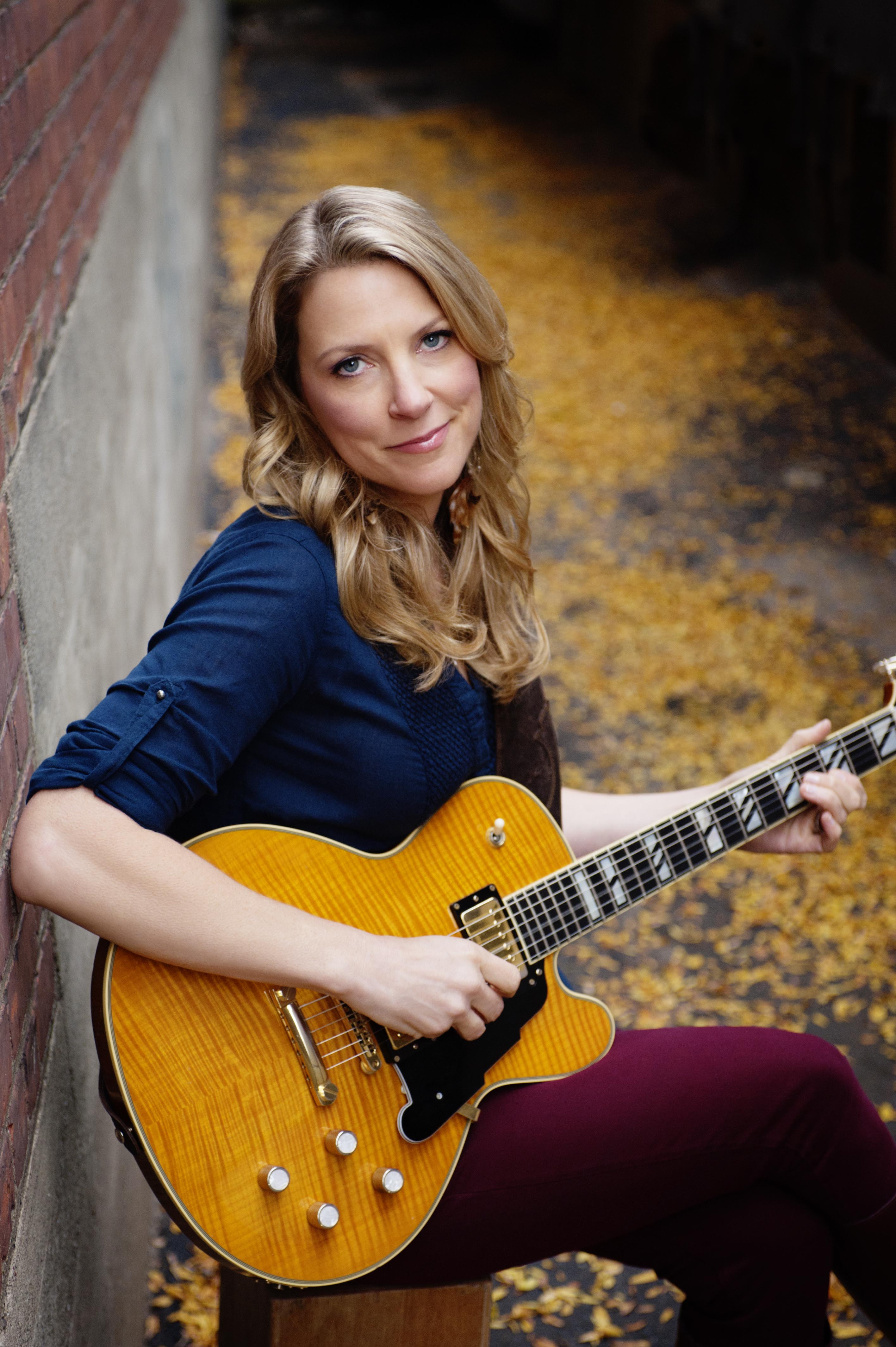

Such beliefs led Trucks away from the blues that had garnered him early acclaim as a guitar prodigy (one who first took the stage with the Allman Brothers Band at age eleven on Jat the Florida Theater for “One Way Out” ). I think that complete musical integrity coupled with complete fire and belief in what you’re doing can be pushing an envelope more than completely destroying a music.” I think it’s a fire and intensity more than people willing to go out or play atonal or free. “I don’t think pushing the envelope is going completely left or completely right.

While the guitarist is not content to travel familiar paths, his attitude towards innovation is personal and self-driven rather than disjunctive. You want to go for it with that kind of intensity, like Coltrane’s quartet with Elvin and McCoy where everyone’s bashing and playing and getting it out.” Early on there were huge inspirations: you look at the Miles quintet and bands that were going for it that way. I don’t think there’s any band that we’re trying to emulate in terms of their sound or their career. “Hopefully we’re trying to create a model. “At this moment I really don’t see a model of what we’re trying to do,” Trucks observes. One is tempted to compare the group to a traditional jazz collective yet Trucks demurs and observes, “we don’t play enough standards.” Instead, when pressed, he’ll characterize the DTB’s slide-infused amalgam as world soul. There is no archetype for the current Derek Trucks Band, which draws from R&B, Latin, Indian, jazz and blues.

Yet any visual impression is swiftly subsumed by the larger performance which articulates its players’ near-messianic zeal to serve the music and the moment. The bassist and keyboard player/ flautist enrich the sound and complete the picture with a ubiquitous smile and a nimbus of hair. The drummer is an active force who can also convey restraint even as he embodies his rhythms and pops his tongue out of his mouth. The lead vocalist possesses range and power yet at times he seems uncertain as to how he should comport himself during the group’s extended improvisations. The band’s namesake fixes his eyes on his hands or the floor even as he summons the most sublime expressions from his guitar.

Nowhere else will you see such a blend of awkward stage presence and musical profundity. On many levels the couple embraces a joyful noise. The two artists are coming to terms with these concerns while celebrating their finest recorded efforts yet and reveling in young Charles Kahlil Trucks. The increased notoriety that accrued over that time span has carried additional commercial pressures, with industry execs attempting to guide the performers, somewhat ironically, in opposite musical directions – pushing Derek towards the blues while directing Susan away from the genre. As with the Derek Trucks Band’s Joyful Noise, which came out in September, it is a highly anticipated third album, the first studio release in more than four years. Two days prior to the family reunion at Derek’s Webster gig, Tone Cool/Artemis Records issued Susan’s Wait for Me.
#SUSAN TEDESCHI SERIES#
The degrees of complexity only increase when mom has been tapped to sweeten the vocals on the Other Ones tour while dad is off headlining his own series of theater dates.Yet despite the resulting additions to already-saturated travel itineraries, Susan Tedeschi, Derek Trucks and their infant son Charlie remain euphonious and upbeat.įilial considerations aside (as if that were possible), this is a significant moment for the musicians. Work-related responsibilities compound the challenges of child rearing. It’s family day at the Webster Theater.ĭual career households are a fixture of modern American society. Parked in front of a music venue on a Hartford, Connecticut thoroughfare, the coaches make the slightest of contact, their bumpers grazing, or perhaps more aptly, kissing. The two tour buses occupy every inch of space between the traffic cones.


 0 kommentar(er)
0 kommentar(er)
